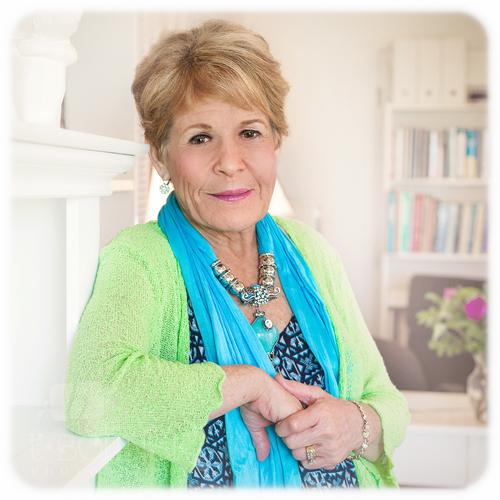
2 minute read
The Universe Within
To My Colleagues
By Gwen Randall-Young R. Psych
Advertisement
I have been blessed to serve as a Registered Psychologist for 30 years and counting. I love this work, and it has enriched my life’s journey beyond measure.
It has been a gift to extend a helping hand to so many along their journeys. When one practices so long, there is little that you have not seen or experienced. Until now.
The pandemic has left me feeling that I live in a hall of mirrors. From time to time, a client’s story may reflect something we have lived through. Our own experience, combined with our wisdom and knowledge, allows us to ease them through their transitions.
We are now in the unique situation of living through the same challenges as our clients, with many of the same emotions and struggles, at the same time.
We are finding our own way through this labyrinth of uncertainty along with our clients. Yes, we have strategies for assisting others through their fears, anxieties and insecurities. Generally, when psychologists are called upon to help in traumatic situations, they have not themselves experienced the trauma, and can go home at night and separate themselves from the client’s experience.
Now we are all in this together. It is like helping a person who has lost their home in a fire, when ours is burning too. This is quite a juggling act.
There is a rising pandemic of anxiety and depression. It exacerbates these conditions in those who already suffered with these, and brings a new wave of clients who are struggling with these issues for the first time.
Compassion fatigue is affecting many therapists. The pandemic impacts every role we have, as parents, grandparents, children, partners or friends. It brings feelings of being overwhelmed, powerless, angry, irritable and sad.
We can at times feel detached with reduced empathy, along with a reduced sense of personal or occupational efficacy. It may be harder to concentrate, focus or make decisions.
This can lead to feelings of isolation and withdrawal, reduced pleasure in activities we once enjoyed, conflict in relationships, and poor coping, such as self-medication and an increase in substance use.
The current situation in the world is creating mental health issues in mental health workers. Self-care is more important than ever. One of the greatest contributors to therapist burnout is the inability for us to recognize burnout in ourselves. It is our very ability to empathize that increases our potential for compassion fatigue. This in turn can make it harder to manage our own personal thoughts and feelings and crises of life.
We know all the advice and strategies to take care of ourselves. However, we are faced with an ever-growing tsunami of mental health challenges in our clients, families, and other relationships.
It’s back to the basics, my dear colleagues. Get more sleep, eat healthy food, exercise, practice thought stopping, and stay in the moment. Focus on the blessings: how we are learning, growing and rising to the challenge.
Be well.






